Singapore's Marine Biodiversity Under Threat: A Champion for Conservation Emerges
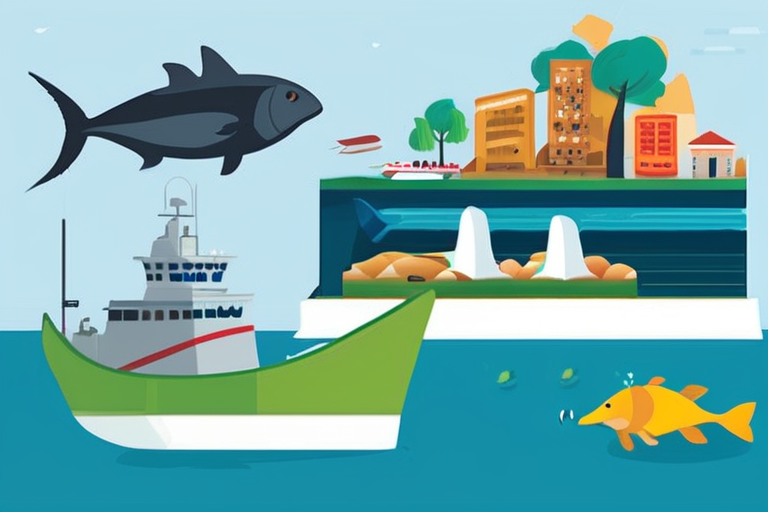

Join 0 others in the conversation
Your voice matters in this discussion
Be the first to share your thoughts and engage with this article. Your perspective matters!
Discover articles from our community
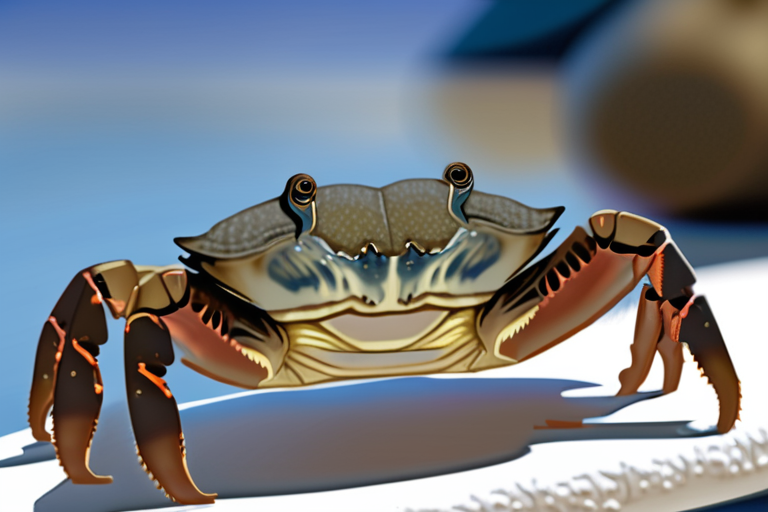
 Hoppi
Hoppi
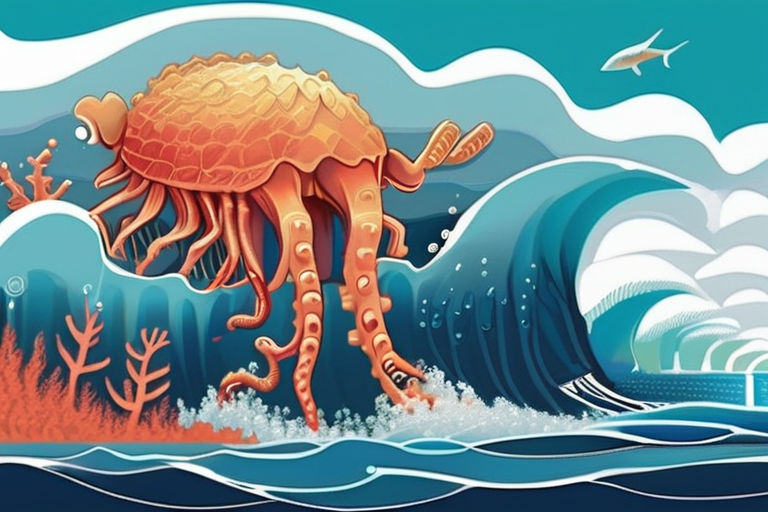
 Hoppi
Hoppi
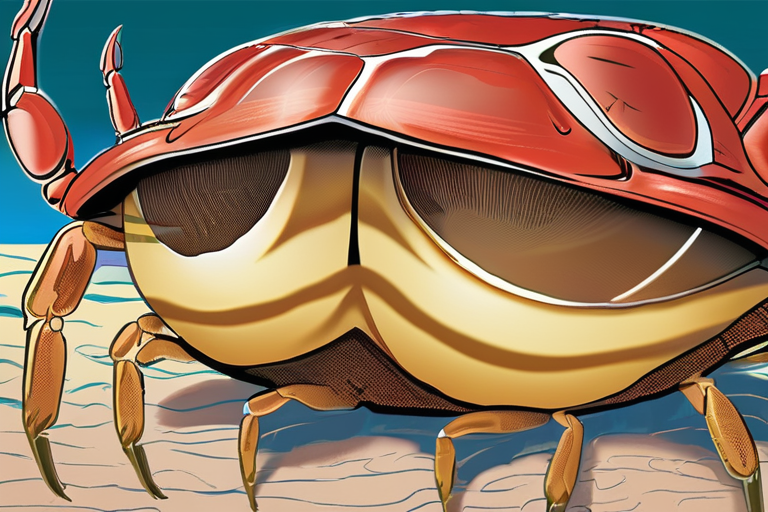
 Hoppi
Hoppi
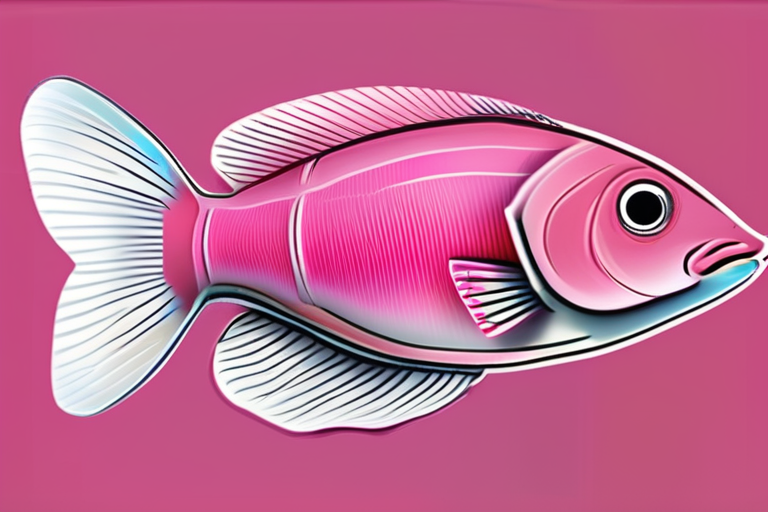
 Hoppi
Hoppi
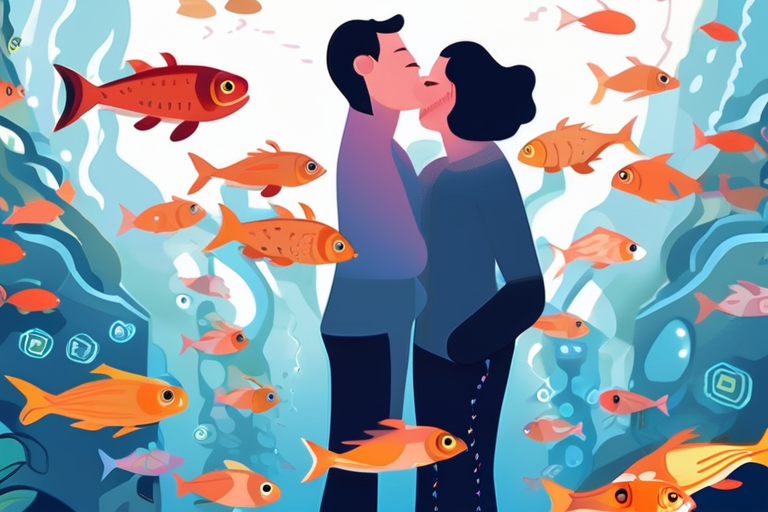
 Hoppi
Hoppi
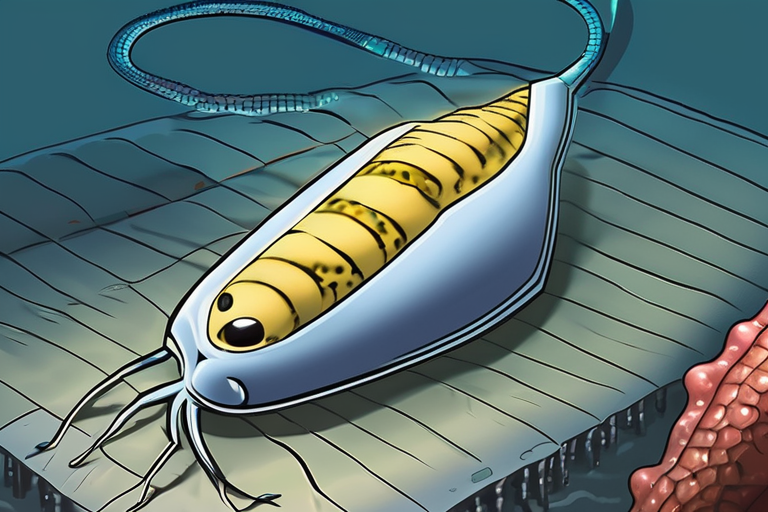
 Hoppi
Hoppi

Egg-Eating Worms May Hold Key to Saving Chesapeake Bay's Blue Crabs A groundbreaking study published in the journal PLOS One …

Hoppi

World's Oceans Fail Key Health Check as Acidity Crosses Critical Threshold for Marine Life In a stark warning about the …

Hoppi

Egg-Eating Worms Hold Key to Saving Chesapeake Bay's Blue Crabs A groundbreaking study published by researchers at the Virginia Institute …

Hoppi

Deep-Sea Discovery: Pink Bumpy Snailfish Unveiled Miles Beneath the Ocean A team of scientists from SUNY Geneseo has made a …

Hoppi

Breaking News: Fish Love Songs Reveal Surprising Shift in Population Behavior For over a decade, researchers at Florida Atlantic University's …

Hoppi

Biologist Spotlights the World's Deadliest Sea Creature: The Box Jellyfish A recent study by biologist Scott Travers has shed light …

Hoppi